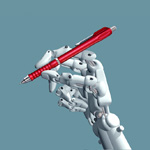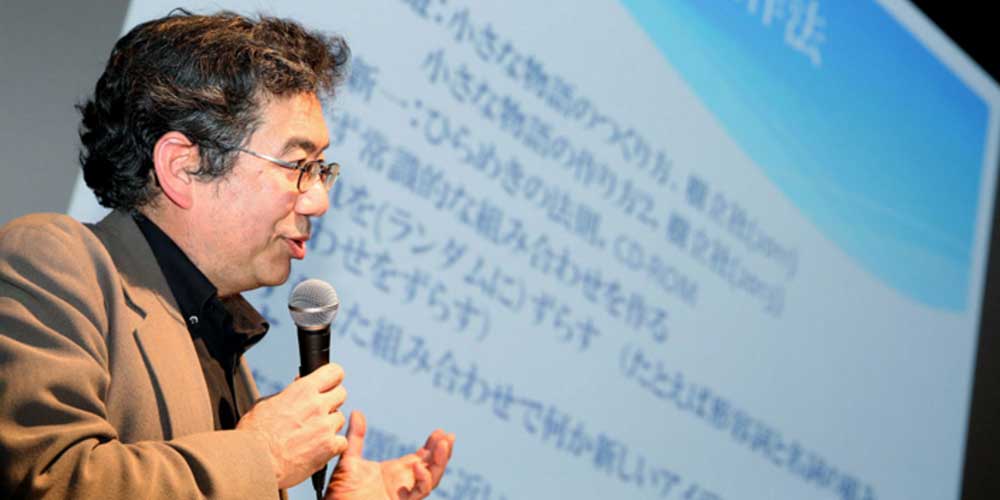
The progress on how technology advances has made humans to be both pleased and terrified. And for what reason? Some may think the human race will be taken over by robots once artificial intelligence (AI) is fully developed. But we can still presume that AI won't be replacing humans in the near future. Or will it?
On the late May 2016, an AI progresses to again scare humans. The AI from Japan has co-authored a short-form novel that just passed the first round of screening for a national prize at the third Nikkei Hoshi Shinichi Literary.
AI is nevertheless a beginner in writing novels. We can see this when Google taught its AI to read novels to make it transform into a psychopath. But the possibilities are countless. And the Japanese AI has indeed had a good start.
Originally, the novel was written by the human team that led the AI's development. Professor Hitoshi Matsubara and his team at Future University Hakodate in Japan have selected words and sentences to be fed into the machine. They also assigned a gender to the protagonist and the outline of the plot. Then parameters were set for construction before the the team allowed the AI to write its own novel.
It was the AI's job to assemble these distinct assets into a unified text that wasn't just intelligible but compelling as well.
The novel's name is called "The Day A Computer Writes A Novel", or Konpyuta ga shosetsu wo kaku hi in Japanese. It's about an AI that abandons its responsibilities to humanity after it recognizes its own talent for writing.
The team submitted two of the AI's written novel, and one made it past the screening round, despite a blind reading policy that prevents the judges at the awards from knowing whether an AI was involved in the writing process. Though the team's story did made it past the first round, it was eventually eliminated because, as sci-fi novelist and award judge, the story lacked sufficient character development and meta-narrative despite being well-structured.
At the Hoshi Shinichi Literary Award in the last few years, has been technically open for non-human participants (Ai programs and others). But the year 2016 is the first time the award committee received submissions that really were written by AI software.
The non-humans (partly humans) submissions counted to 11 out of the 1,450.
The award has a four-stage screening process, and the details aren't made public.
"So far, AI programs have often been used to solve problems that have answers, such as Go and shogi," said Matsubara when he talked about his team's AI project (pictured below). "In the future, I'd like to expand AI's potential [so it resembles] human."

The Irreplaceable Humans?
Though the story didn't win the competition, the team behind the AI has proven that the possibility of machines to quickly become capable in emulating humans is very high. And to mimic humans also means that computers can also emulate human-like creativity.
The development of AI has garnered many critics and supporters. Some agree that one of the hardest obstacle for robots to soon overcome humans will be some semblance. If AI can't relate humans, humans will have a hard time to relate to them.
Robots are getting good in doing what they do. For example, labor jobs are now replaceable to some extents by robots. Automated software can now write certain financial and sports reports where the key facts can be arranged in a straightforward template. But as good as they can be, those machines still lack that creativity that make them "human".
If looking into algorithm and codes, creativity is something difficult to emulate inside a machine. But by knowing that AI can now write novels, it's surely only a matter of time before software can eventually have the intelligence to do a passable job.
And if speaking about AI, as long as there's enough data to feed on, their software should be clever enough to produce its own thoughts, which are expected to be better each time as they learn.
The AI didn't win anything at award ceremony, but it has actually come close. Who says that it won't improve if it's given another chance?
